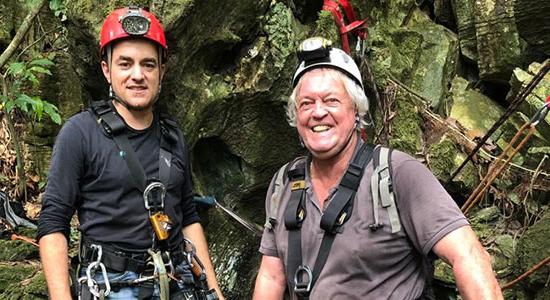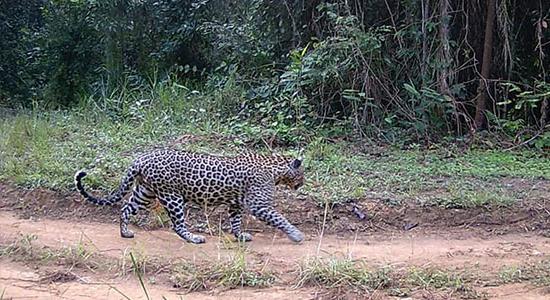Conserving Gabon’s Cultural Heritage
A treasure trove of 14th century artefacts was discovered deep within a conservation area of Olam’s palm plantation in Gabon.
Using the RSPO Palm GHG Calculator, we monitor our GHG emissions for our palm operations annually, and are taking steps to implement innovative and adaptive measures to mitigate these. We’re exceptional amongst palm producers globally in that our operations are significantly climate-positive, i.e. our plantations draw down more CO2 than they emit (negative CO2 emissions). The RSPO GHG calculator results are backed up by independent scientific assessments (HCS+ Science Report 2015) and peer reviewed papers.
Our above ground carbon stock has been systematically mapped with airborne LiDAR in all our concessions prior to any new development. The result of carbon stratification is then integrated into the land use map to conserve high carbon stock area alongside the HCV area.

The key factor in achieving a carbon neutral and climate friendly operation is site selection, including the avoidance of peat development, and the allowance of sequestration from regeneration of conservation areas and palm planting on low carbon stock areas.
As part of our continuous improvement plan, we’ve a biogas facility in Awala mill to further reduce emission from operation and provide renewable energy.
Olam is committed to zero burning during land preparation, planting or replanting, however open burning during dry season is a common practice by local communities to prepare land for farming.
Olam Palm Gabon has established Fire Prevention SOP to prohibit burning activities in our plantation and prevent fire outbreak from area nearby to our plantations. Fire patrols are conducted in savanna areas during a prolonged dry season. We also offer incentives for village representatives who successfully remain committed to stop related burning activities, to be vigilant and to prevent others in the villages from these activities.
If a hotspot is identified, fire is reported and extinguished immediately to prevent the spread of fire to adjacent areas. All cases of fire incident are properly documented. As of December 2019, total 25 hotspots were identified during the year, 96% of the hotspots occurred during dry season (June to September), all hotpots were located in the Mouila and Ndende plantations, and fire was put out within 24 hours on every occasion.
Maintaining water quality is a key priority for us. We identify and exclude riparian zones and steep areas from development to maintain the quality of water bodies in and adjacent to our sites.
We protect all rivers, streams and lakes with broad, vegetated buffer zones to prevent sediments, fertilisers and other agrochemicals from reaching surface waters. We carefully control the timing and quantity of fertilisers, and other inputs, to minimise leaching to the water table, and our mills are built to maximise water efficiency and to treat wastewater to ensure safe levels. See the RSPO Manual for the Management and Rehabilitation of Riparian Reserves – Simplified Guide on our riparian management SOP.
As part of our Environmental and Water Management Plan, we monitor water quality by carrying out sampling in addition to maintaining forested riparian areas and planting cover crops to prevent erosion.
Palm oil mill effluent (POME) sampling is conducted in all of our palm oil mills (Awala and Mouila Bilala Palm Oil Mill), and biochemical oxygen demand (BOD),chemical oxygen demand (COD) and other waste water parameters are tested by accredited laboratory. POME is not allowed to discharge directly into waterways, and it’s treated in effluent treatment plant to reduce the pollutant load of final aerobic supernatant down to levels stipulated by the authority.
We’ve also addressed communities’ need for a reliable water supply, and drilled or rehabilitated wells and pumps in villages around our plantations.

A treasure trove of 14th century artefacts was discovered deep within a conservation area of Olam’s palm plantation in Gabon.

Managing palm plantations in a biodiversity rich country like Gabon requires extensive efforts to support and safeguard the country’s natural heritage.
